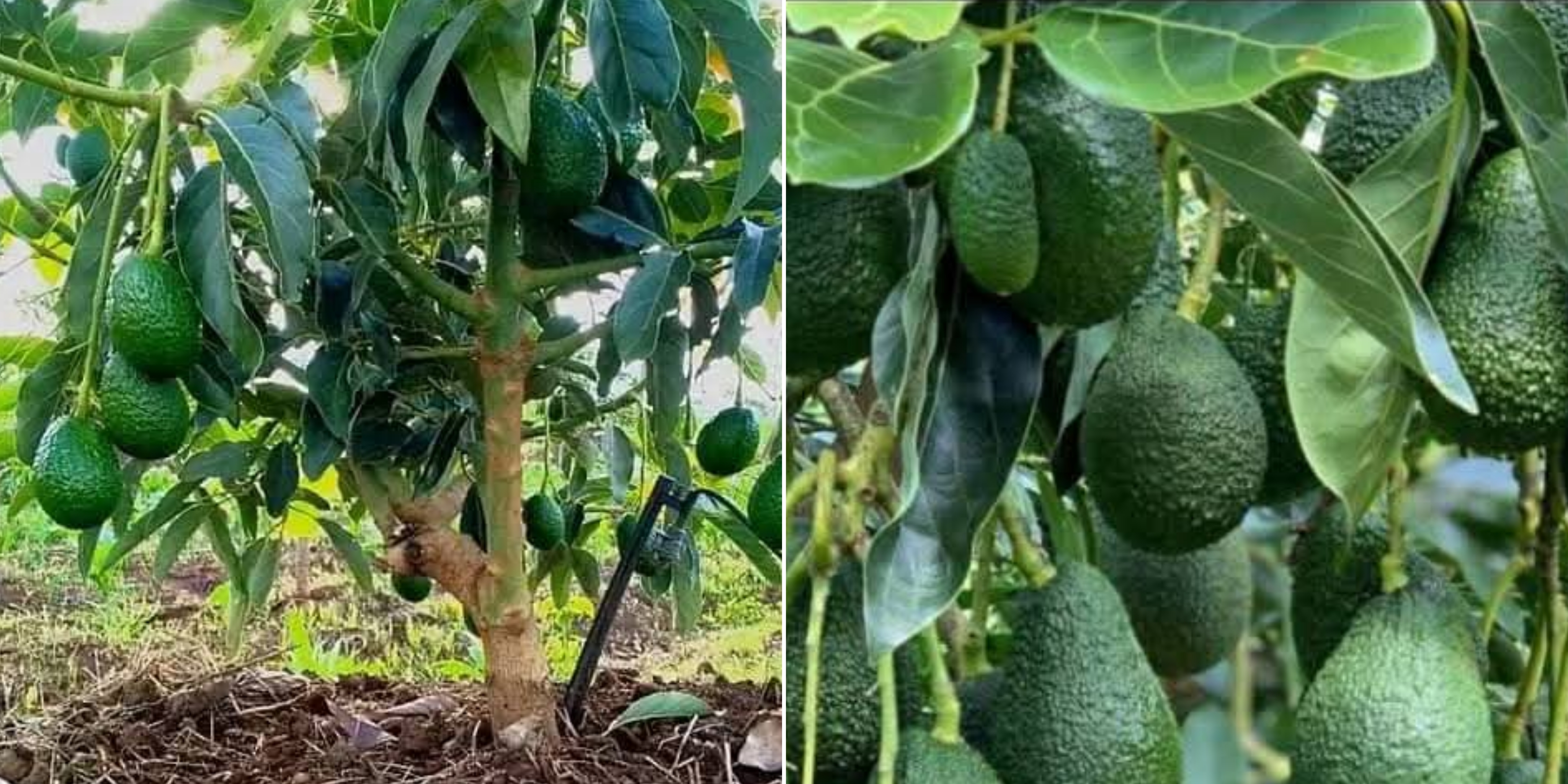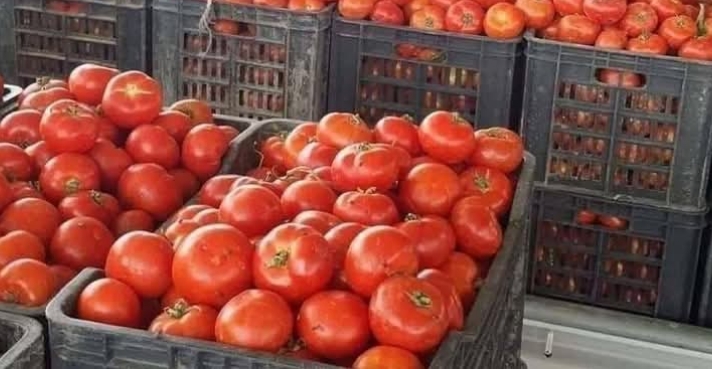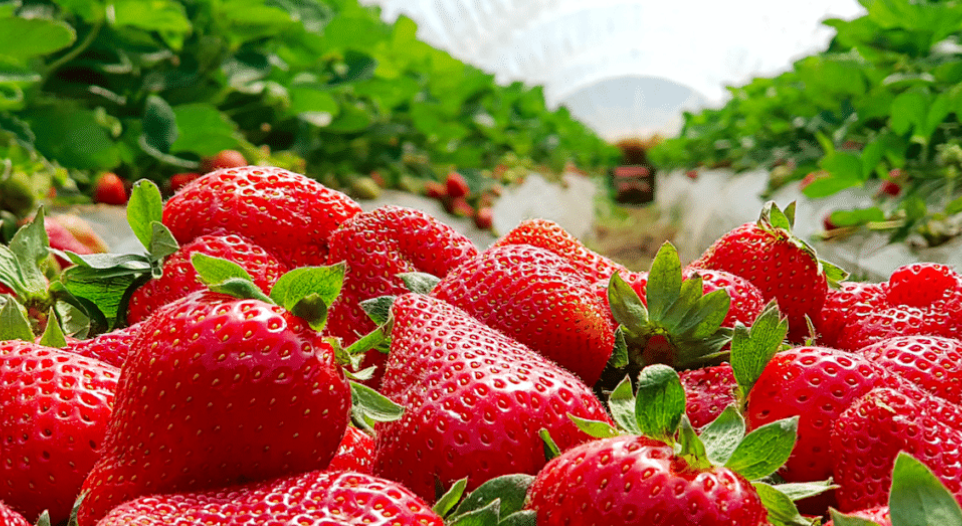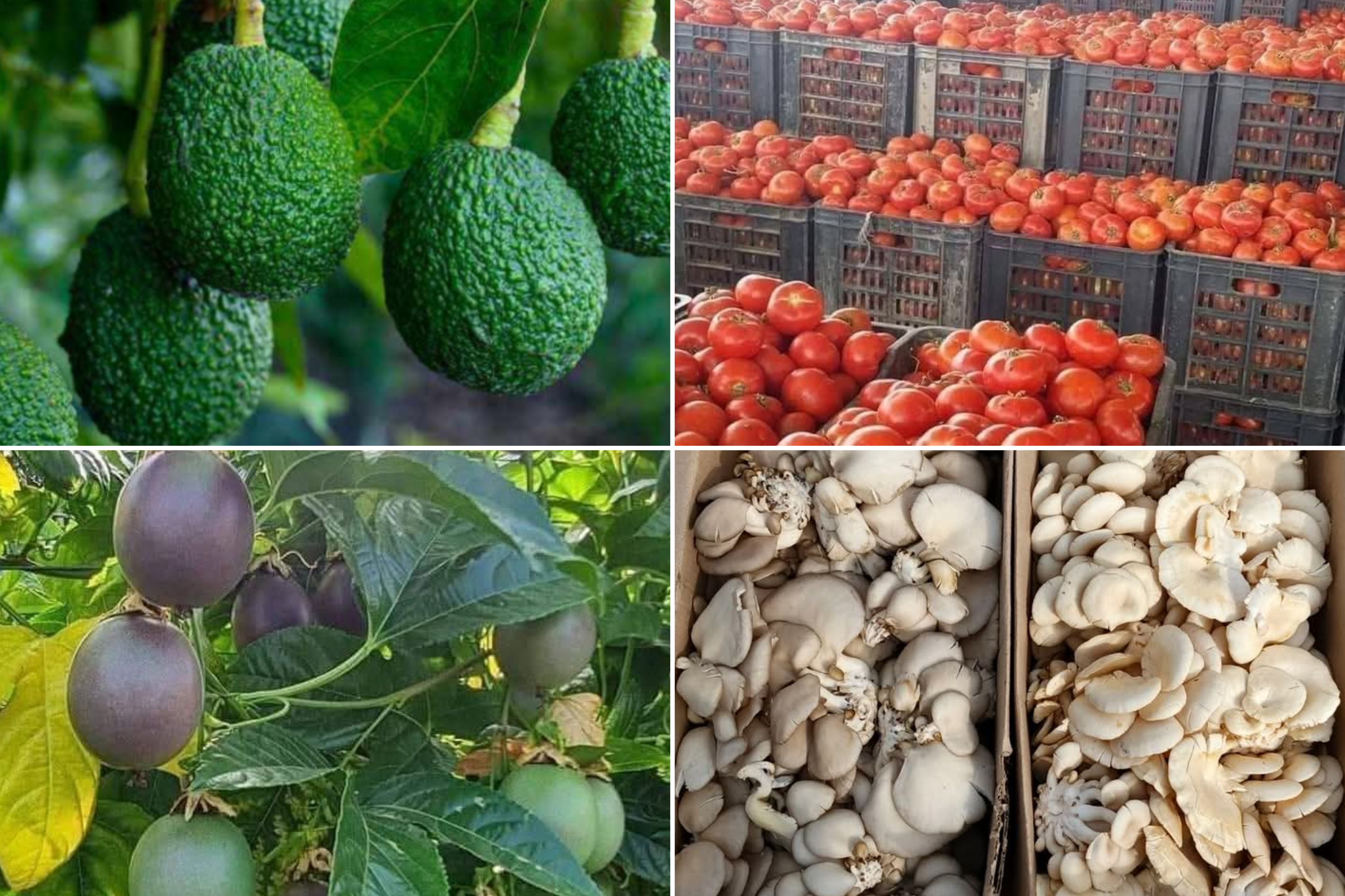Kenya’s agricultural sector is brimming with opportunities. With a diverse climate and fertile land, the country offers a perfect environment for a variety of crops and livestock.
So, if you’re a seasoned farmer or even a newcomer, exploring agribusiness ideas in Kenya can open doors to substantial profits and sustainable livelihoods.
Investing in agribusiness is not only about the financial returns but also about contributing to food security and the overall economy. Below are some Agricultural ventures to consider :
1) Avocado farming.
Avocado farming, especially the Hass variety, is highly lucrative due to its popularity in both local and international markets. The demand for avocados has been steadily increasing, making it a profitable venture for Kenyan farmers.
Avocados thrive in warm climates with well-drained soils. Planting grafted seedlings ensures good fruit quality and a shorter time to harvest. Regular maintenance, including pruning and pest control, is crucial for a healthy orchard.
Networking with export companies can significantly boost your profits as the international market for avocados is very promising.

The potential for high returns makes avocado farming one of the most profitable agribusiness ideas in Kenya for 2025.
Climatic requirements: They thrive in warm climates with well-drained soils.
Planting: Plant grafted seedlings to ensure good fruit quality.
Maintenance: Regular pruning and pest control are essential for a healthy orchard.
Export potential: Network with export companies to tap into the lucrative international market.
Consistent care and proper market strategies are key to success in avocado farming. Engage in continuous learning to keep up with best practices in avocado farming and maximize your returns.
2) Tomato farming.
Tomato farming is lucrative due to the high demand for fresh tomatoes in both local and international markets. Starting with the right variety and farming techniques can significantly boost your yields and profits.
Select high-yield, disease-resistant tomato varieties to ensure a good harvest. Greenhouse farming is an excellent option as it allows you to control the growing environment, extending the growing season and protecting the crops from adverse weather conditions.
Investing in drip irrigation systems ensures consistent watering, which is crucial for tomato plants. Using organic fertilizers improves soil fertility, leading to healthier plants and better yields.
Choosing varieties: Select high-yield, disease-resistant varieties.
Greenhouse farming: Consider greenhouse farming to control the growing environment and extend the growing season.
Irrigation and fertilization: Invest in drip irrigation for consistent watering, and use organic fertilizers to improve soil fertility.

Market access: Establish a reliable market by connecting with local markets, supermarkets, and processors.
Establishing a reliable market for your tomatoes is crucial. Connect with local markets, supermarkets, and processors to ensure a steady demand for your produce.
3) Strawberry farming.
Strawberry farming is gaining popularity due to the high demand for fresh strawberries and their derivatives like jams and juices. The crop is highly profitable with the right farming practices and market connections.
Strawberries require well-drained soils and adequate water. Starting with high-quality runners is essential for a good yield. Mulching helps retain moisture and control weeds, which are vital for healthy strawberry plants.

Direct sales to consumers, supermarkets, and processing companies can be lucrative. Establishing a consistent supply chain ensures that you meet the market demands effectively.
Growing conditions: They require well-drained soils and adequate water.
Planting materials: Starting with high-quality runners ensures a good yield.
Weed control: Use mulch to retain moisture and control weeds.
Marketing: Market your produce through direct sales to consumers, supermarkets, or processing companies for jams and juices.
Maintaining high standards of hygiene and quality will help you build a reputation for your strawberries, ensuring repeat customers and a steady income.
4) Banana farming.
Bananas are a staple food in many Kenyan households, making banana farming a highly profitable venture. The crop has a steady demand year-round, providing a reliable income source.
Choosing tissue-cultured plantlets is crucial as they offer better disease resistance and higher yields. Adequate water supply, either through irrigation or rainfall, is essential for banana plants.
Harvesting bananas at the right time and ensuring they reach the market quickly is vital to prevent losses. Selling to local markets, processing firms, and export markets can maximize your profits.
Planting materials: Choose tissue-cultured plantlets for better disease resistance and yield.
Watering: Ensure the plantation has adequate water supply, either through irrigation or rainfall.
Harvesting: Harvest and market your produce to local markets, processing firms, and export markets.
Focusing on proper plantation management and timely harvesting ensures that you get the best quality bananas for your market.
5) Mango farming.







